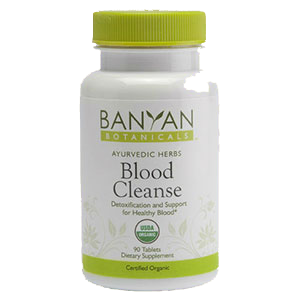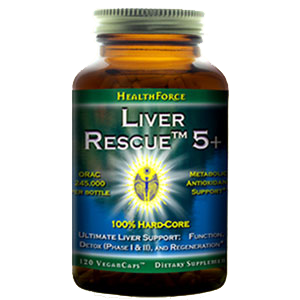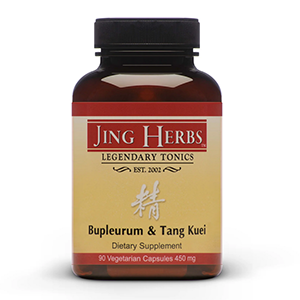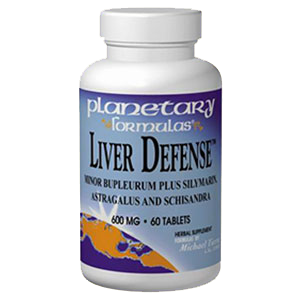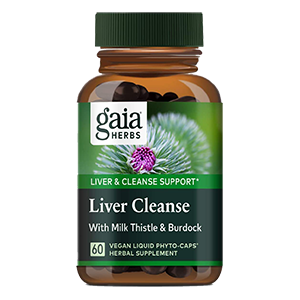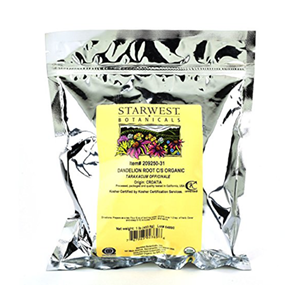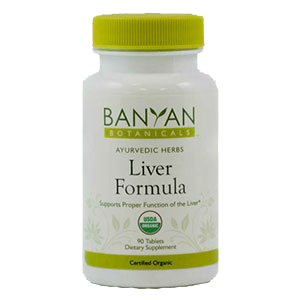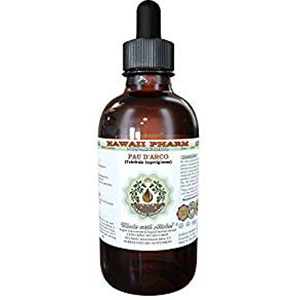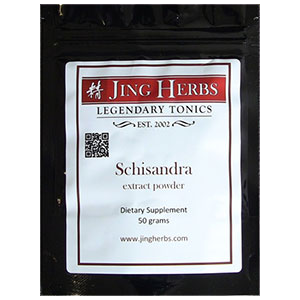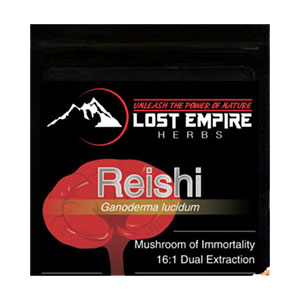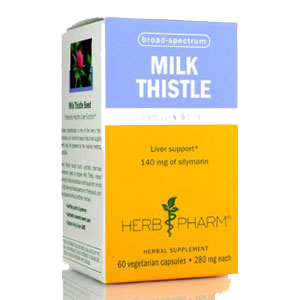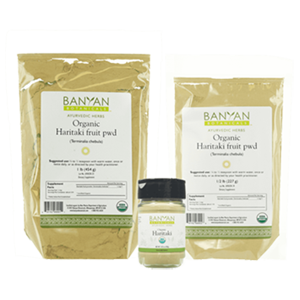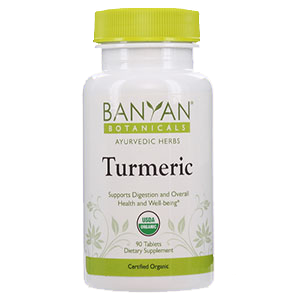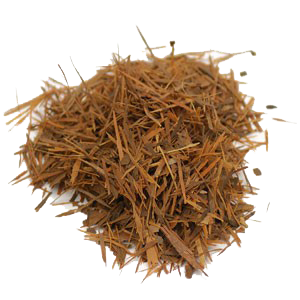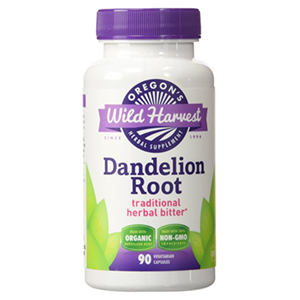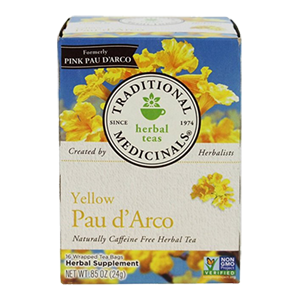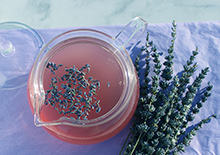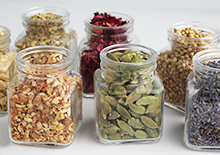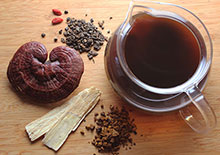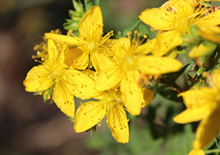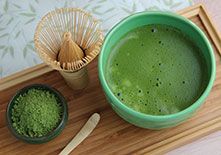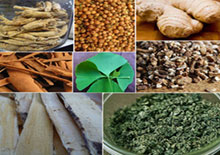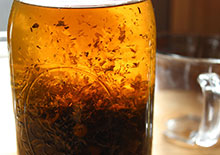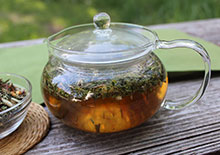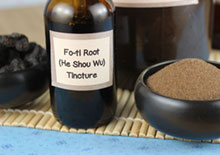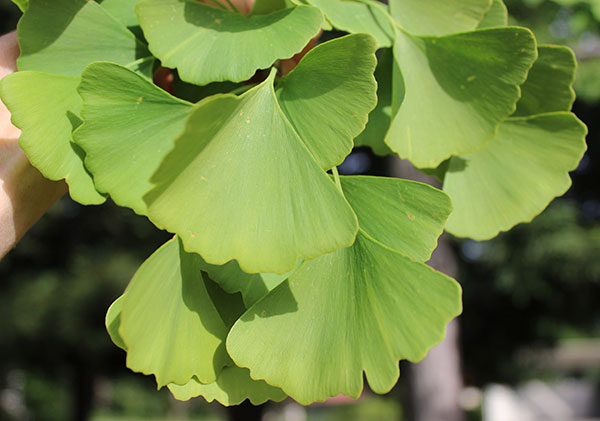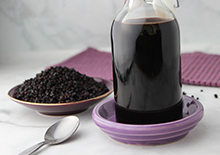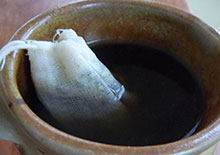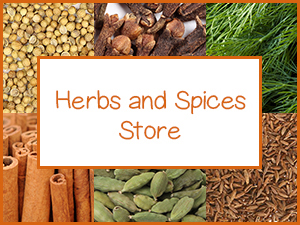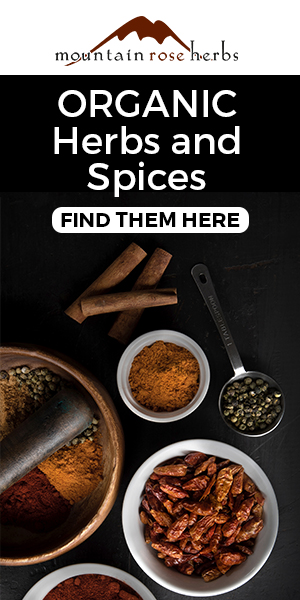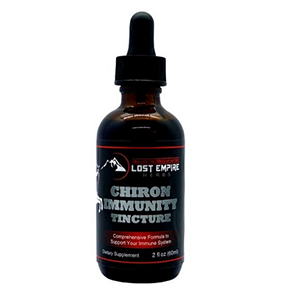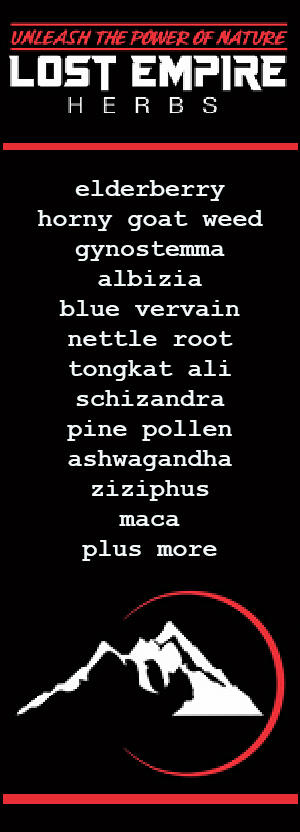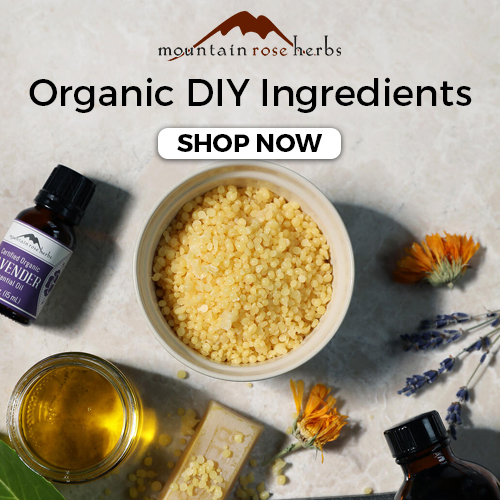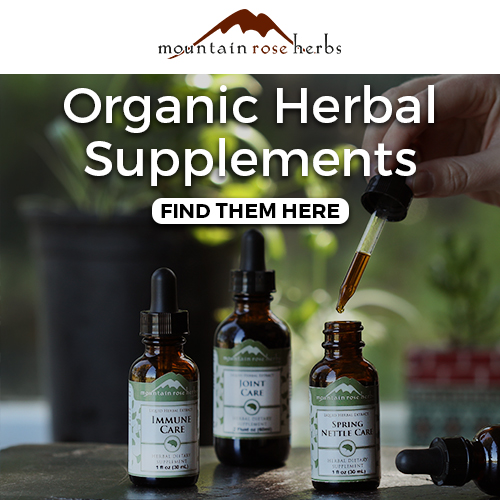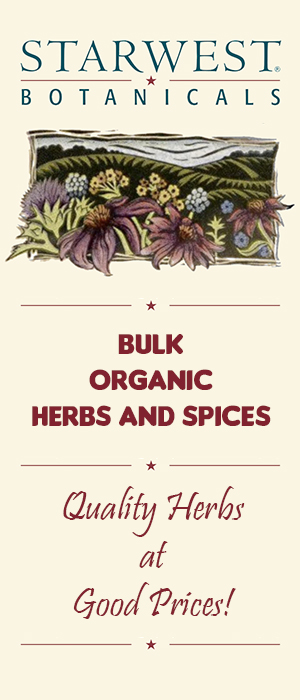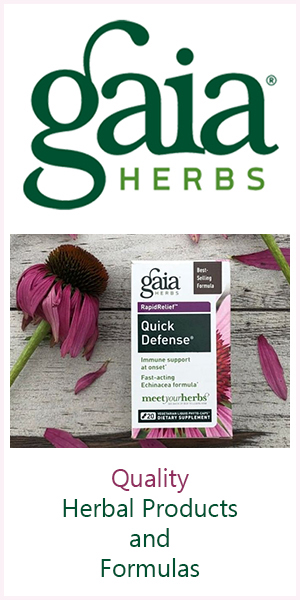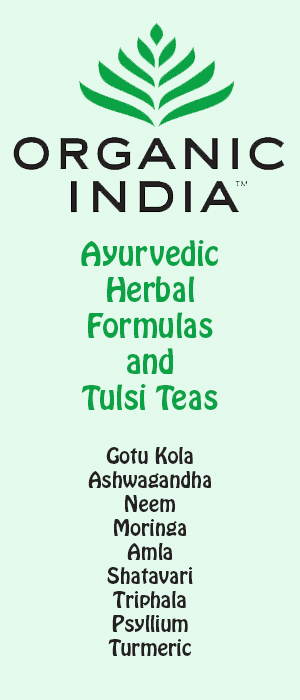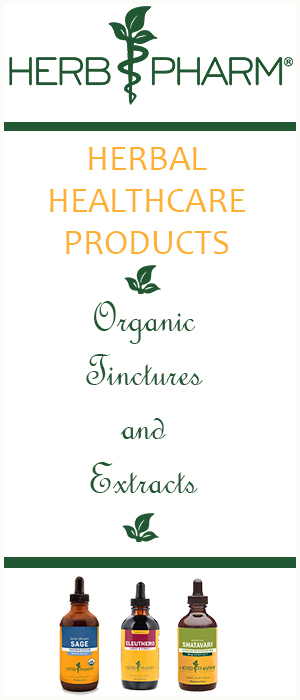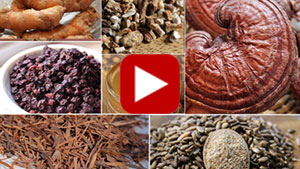- Home
- List of Herbs
- Cleansing Herbs
Cleansing Herbs, Healing Herbs for Detoxification
Intro | Benefits | About Using Cleansing Herbs | Types of Cleansing Herbs | How to Use | What is a Detox Healing Crisis? | Precautions | Shop
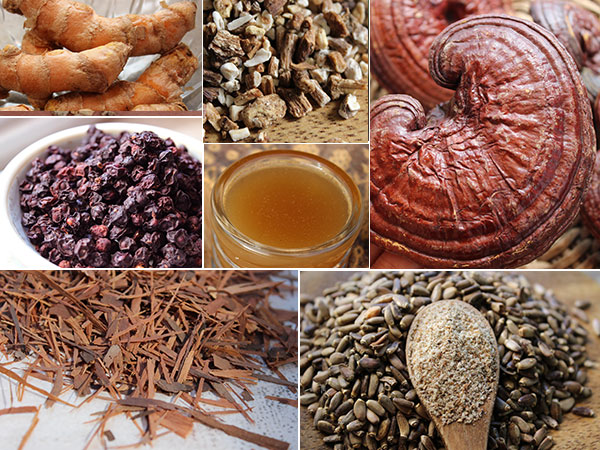
Cleansing herbs are the roots, barks, mushrooms, seeds and berries of various plants that help to "cleanse" and purify the body of internal toxicity accumulated from environmental pollutants as well as toxins absorbed from substances we ingest.
Cleansing protocols are often accomplished specifically through the use of herbal substances that help to promote liver function. Likewise, herbs that encourage bowel regularity and a healthy intestinal tract are highly valued for opening up the detoxification pathways and releasing toxic residues.
Table of Contents
Intro | Benefits | About Using Cleansing Herbs | Types of Cleansing Herbs | How to Use | What is a Detox Healing Crisis? | Precautions | Shop
Many holistic health experts agree that the root cause of most chronic conditions and diseases begin when these two fundamental organs of elimination are blocked and their proper functioning is inhibited.
Using liver herbs, together with colon cleansers, can work to directly release the burden of a toxic overload that can, over time, have negative repercussions on the body, especially our mental capacities and emotional equilibrium.
These herbs may be added as herbal teas or supplements to one's current dietary regime, but are more effective when used in sync with a health promoting diet and healthy lifestyle choices.
In addition, periodic routine cleanses can also be helpful to facilitate the body's own healing mechanisms so it can naturally do what it does best, clean and heal itself when given the opportunity to do so!
Implementing a yearly or bi-yearly detox ritual, using cleansing herbs, water fasting, green juices and/or other purifying superfoods, may indeed be extremely beneficial to one's overall health and well-being during the course of a lifetime.
This is a proactive and preventive approach to what many believe to be a large component of what causes sickness and disease in the first place.
Benefits of Cleansing Herbs
Purifying to the Blood and the Liver
Some of the primary cleansing herbs for detoxification involve the purification of the blood and the liver is the "master detoxifier" and blood filtering center largely responsible for the condition of our bloodstream. By strengthening the liver, we can potentially improve the quality of the blood which runs through and effects every organ system.
Stated in the words of respected and world-renowned herbalist Rosemary Gladstar:
"The blood that runs through our bodies is much like the rivers and streams that nourish the Earth. Those rivers running clean and untamed from the mountains sparkle with life. They feed and nourish the Earth that they pass through. Rivers that run through cities become sluggish and thick with chemicals, toxins and environmental wastes. The waters that were once life-giving turn to poison much the same way a human system becomes loaded down with toxins."
Many disorders associated with the
kidneys, heart and skin as well as the respiratory and endocrine systems are considered
by many alternative health practitioners to be the direct result of an
over-burdened liver.
The liver is also a major organ of the digestive system and processes
every substance we ingest and take in, both nutritive and toxic. It not
only filters out and neutralizes metabolic wastes as well as chemicals,
drugs or other impurities that find their way into our bloodstream, but
is also involved in nutrient break down and absorption.
All
nutritional substances are only metabolized after they have been acted
upon by bile secretions produced by the liver. Likewise, the blood from
the gastrointestinal tract passes, via the portal vein, to the liver
where it is filtered and nutrients are processed.
In addition, our liver is also in charge of synthesizing and secreting several important hormones beneficial for a balanced well-functioning endocrine system.
When we nourish this all-important organ (the largest one in the human body) and keep it healthy, our entire body, mind and spirit as well as all other organ systems feel the results.
About Using Liver Cleansing Herbs
We are all exposed to environmental contaminants on a day to day basis, so it is good take herbs, supplements and drink teas that help clean them out on occasion.
This cleansing process helps the liver and body to detoxify from potential poisons like pesticides, PCB's, dioxin, chlorine, automotive exhaust, radioactive isotopes and numerous heavy metals. Unfortunately, these are many of the substances that are still to a large degree found in the water we drink, the foods we eat and the air we breathe.
When using cleansing herbs, we ultimately recommend making a liver purifying formula that is tailored to your own personal health goals or issues. This could mean using more of one herb or another, but may also involve regulating the dosage strength according to your own needs.
Seeking the advice of a qualified herbalist can also further help one to create an herbal regime specific to one's health concerns.
Types of Cleansing Herbs
1) Alterative Herbs
2) Chinese Liver Herbs
3) Colon Cleansing Herbs
1) Alterative Liver Herbs
Some cleansing herbs and roots come from a very important class of herbs in botanical medicine, called herbal "alteratives." Alteratives are blood purifiers that "alter" the condition of the blood by nourishing as well as purifying it. Most alteratives have a nutritive element and dominant bitter principle that works to stimulate the actions of the liver, digestive juices and bile secretion.
Many of these herbs work to neutralize acids, act as digestive aids, tonify through nutritional content and eliminate excess heat from the liver organ.
Most are helpful for positively altering deranged catabolic and metabolic processes, particularly those related to the break down and elimination of metabolic waste. As a secondary action, they can also enhance the general assimilation of nutrients we ingest.
Dandelion Root
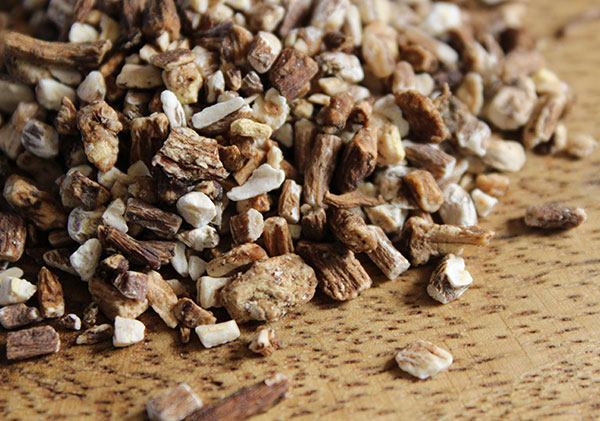
Dandelion root (Taraxacum officinale) is one of the top cleansing herbs used for many types of liver disorders as well as digestive and gall bladder issues. It is a gentle and safe natural detoxifier and blood purifier used by humans for centuries as a herbal therapy for various ailments from hepatitis to acne. Some of its primary active compounds include taraxacin, taraxacerin and acrystalline. Historically it is a well-known treatment for digestive complaints as it increases the appetite, stimulates bile production and acts as a mild laxative. It is rich in various vitamins and minerals and is a nutritious bitter root that encourages healthy immune response. Dandelion root tea can be a great addition to a juice fast for a way to accelerate the cleansing process and neutralize toxins.
Yellow Dock Root
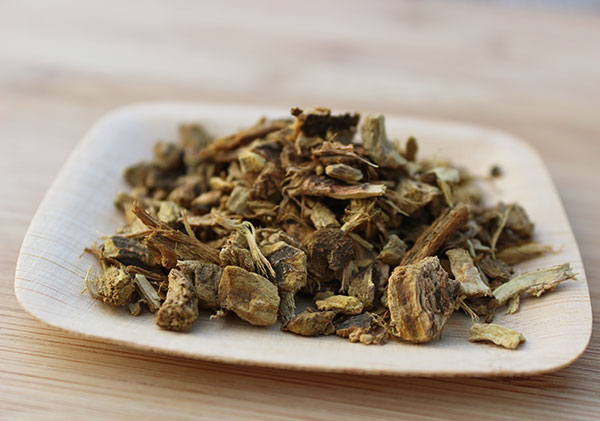
Yellow dock (Rumex crispus) is a prolific wild edible plant, like dandelion, that grows in many parts of the world. It comes from the family of "docks" but is specifically characterized by its very yellow-golden root. (*) It is another building yet cleansing herb for the liver that is enriching to the blood. It is likewise an excellent detoxifying herb that helps with the digestion of fats and sluggish elimination. Containing a compound known as "nepodin", yellow dock has been researched for its inhibitory actions against the blood parasite that causes malaria. (*) The root of the yellow dock plant is rich in various minerals, especially iron which helps to enrich the blood and prevents anemia.
Milk Thistle Seed
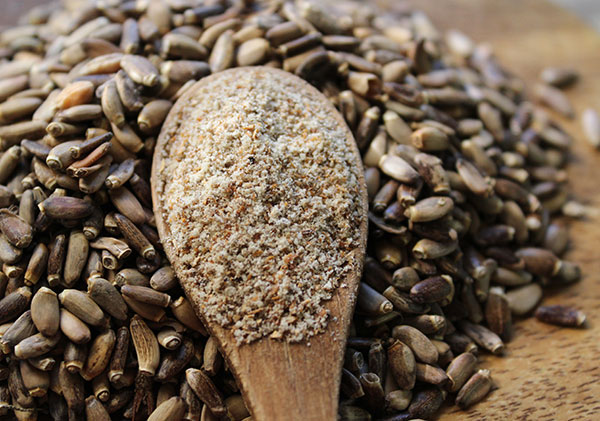
Milk thistle seed (Silybum marianum) is one of the most well-studied herbs for its hepatoprotective influence on the liver organ. The main active compound, known as silymarin, is collectively comprised of the three main constituents silybin, silydianin and silychristin, with silybin making up between 50-70 percent of silymarin compound. Milk thistle seeds are known for their antioxidative properties that can potential inhibit the binding of toxins to liver cell receptors. This characteristic has been used to reduce liver damage caused by toxic exposure to poisonous mushrooms, in addition to other harmful chemicals and ingested pollutants. According to some research, silymarin extracts have been utilized for "liver disease, acute and chronic viral hepatitis and toxin-induced liver diseases." Ground milk thistle powder additionally acts as a digestive aid and helps in the break down of dietary fats.
Burdock Root
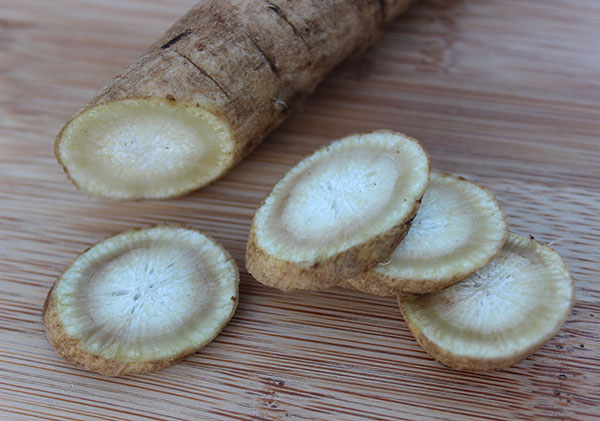
Burdock root (Arctium lappa) is a nourishing cleansing herb that works with the liver and lymph to purify the bloodstream of metabolic wastes and toxins. Its high vitamin and mineral content is enriching to the blood and building to depleted individuals. It promotes bile secretion, enhances eliminatory functions and has been shown in some research to provide antioxidative and anti-inflammatory actions. (*) It is one of the few cleansing herbs that you can often find fresh in the produce section of your local health food store. As an edible root, you can steam burdock with green leafy vegetables or use it in soups. Burdock root is called "gobo" in Asian countries where it is a frequently consumed vegetable with an earthy slightly bitter-sweet flavor. Dried burdock can be decocted as a alterative tea for a variety of skin disorders, like eczema, acne or psoriasis.
Oregon Grape Root
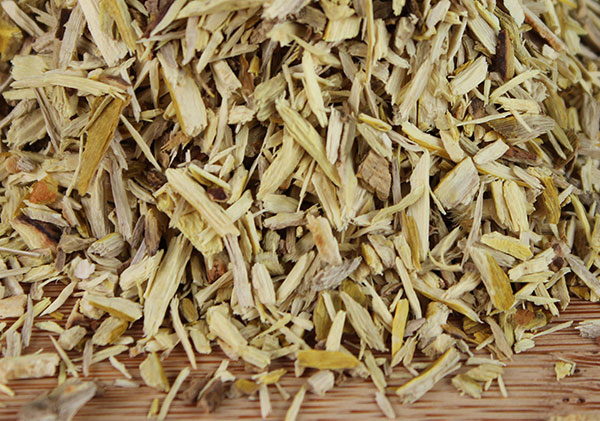
Oregon grape root (Mahonia aquifolium) is another nutritious,
purifying herb for enhancing liver functions, bile production and blood
purification. A holly-like plant that grows primarily in the Pacific
Northwest, the roots are a golden color similar to yellow dock. It
contains two main alkaloid compounds known as berberine and
jatrorrhizine. Berberine is also found in barberry and goldenseal and
the herb is often used interchangeably with these two varieties. Teas
made from the decocted root are helpful for liver or gall bladder
complaints, especially when there is sluggishness or congestion. The antibacterial and antifungal properties of Oregon grape root have been studied effective for conditions like candida overgrowth. (*) It is likewise great for skin disorders and acts as a mild laxative. It is often used with other alterative herbs or herbal laxatives in formulations to enhance its medicinal activity.
Sarsaparilla Root
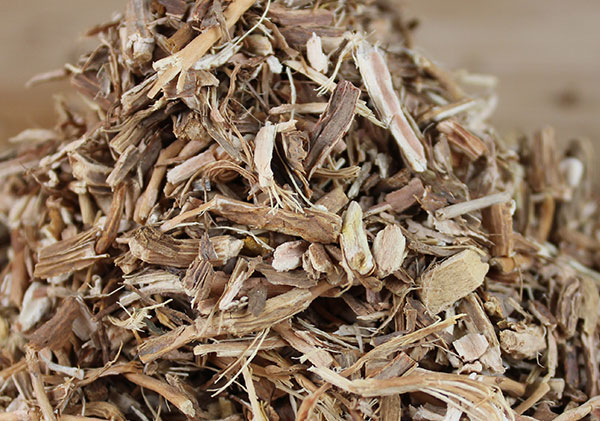
Sarsaparilla root (Smilax officinalis) is one of the herbs utilized, along with sassafras (another liver herb) in original version of root beer, actually made from "roots" and intended as a therapeutic liver tonic. Sarsaparilla root teas have been used by herbalists throughout the ages for treating conditions associated with joint inflammation, such as gout and arthritis. It is also a famous skin healer and was once a primary herb used to treat syphilis due to its antibacterial compounds. Some of its active constituents include sarsasaponin, sarsaparilloside, arsasapogenin and sarsapac acid. The root has pleasant aroma and a sweet spicy flavor and it is a delicious ingredient simmered into root beer tea decoctions made using other cleansing herbs like dandelion root, burdock and spices including cinnamon and ginger root.
2) Chinese Liver Cleansing Herbs
These are tonic herbs and mushrooms that support the body’s natural liver regulating functions and work directly to nourish healthy liver tissue.
All of the Chinese herbs listed below have additional health attributes that work with one or more systems, but they are all well-known and highly valued for their powerful effects as liver tonics and cleansers. As adaptogens, these herbs are considered to be completely safe and non-toxic, acting as nutritive food-like teas and extracts that can be used on a regular basis.
Schizandra Berries
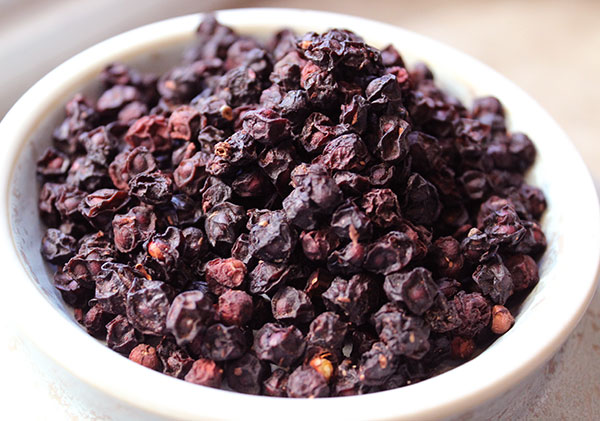
Schizandra berry (Schizandra chinensis) extracts and teas are known to be gently cleansing to the liver organ, helping to purify the blood and protect the body from toxic substances. Schisandrin B, one of its primary liver-protecting elements, has been widely used as an antihepatotoxic agent proven to have hepatoprotective effects against chemical and immunological liver injury. In several reported studies, schizandra and its chemical compounds like Schisandrin B were observed to exhibit "significant anti-hepatitis B virus activity." (*) Schisandrin B was also demonstrated to have shielding effects against acetaminophen-induced liver disease from over the counter drugs, like Tylenol. (*) Schizandra berry tea decoctions are well-known for their ability to enhance the eyesight and beautify the skin with extended use.
Reishi Mushroom
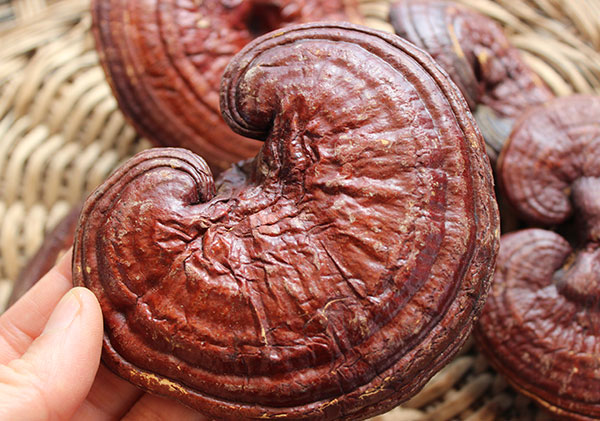
Reishi mushroom (Ganoderma lucidum) is another major tonic herb known to have powerful shielding effects on the liver organ. Its main active compounds include a group of antioxidant triterpenes called ganoderic acids. Ganoderic acids are known to improve the functions of the liver, increase oxygen utilization and also act as a natural antihistamine. It is therefore particularly helpful for those with autoimmune disorders or allergies. As a liver tonic reishi helps to cleanse and nourish the blood and its antihepatotoxic constituents, like ganoderic acid A and ganoderic acid B, have been shown to guard against liver damage. In studies, it has been reported to stimulate the regeneration of liver cells and has achieved positive results for those with hepatitis. (*)
Bupleurum Root
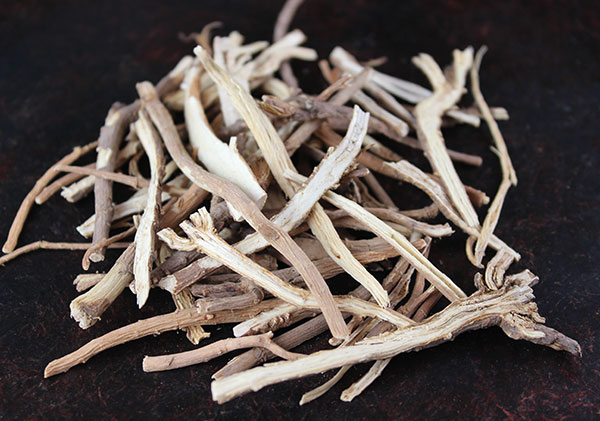
Bupleurum (Bupleurum chinense), also known as thorowax root, is one of the most widely used liver herbs in Chinese medicine and is a common ingredient in many patent formulas. The root is used to cleanse and "cool" the liver of heat and is frequently prepared with blood building herbs. It is traditionally used to promote blood circulation in the liver organ, regulate liver energy and clear liver congestion. The roots principle components include triterpene glycosides referred to as saikosides. Bupleurum is commonly combined with other tonic herbs like peony, dang quai, licorice root, poria and atractylodes for a number of different treatments. It is frequently used in simmered teas or is encapsulated as an extract.
Dioscorea Root
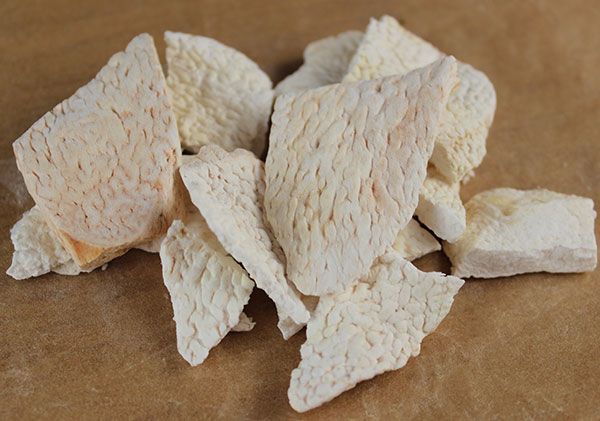
Dioscorea root (Dioscorea polystachya) or Chinese wild yam is an effective cleansing herb for the endocrine system as well as the liver. Dioscorea is an excellent digestive aid that contains the steroidal saponin diosgenin, a known progesterone hormone precursor. Often viewed as a "female tonic" for this reason, it is commonly used in formulas specific to the liver and endocrine glands. In Chinese herbalism, it is viewed as a both a yin tonic and liver tonic and also works with the stomach and spleen organ systems. Wild yam is known to help the liver synthesize sex hormones and stimulates proper liver and gall bladder functions.
3) Colon Cleansing and Healing Herbs
Maintaining a healthy unobstructed intestinal tract is essential for eliminating waste material and toxic byproducts from substances we invariably ingest. Along with the liver, the colon is another major organ of detoxification. When hindered, backed-up or constipated the liver cannot do its job effectively as the two work side by side to release unnecessary metabolites and potentially harmful compounds.
While many alterative cleansing herbs also act as mild laxatives, there are other healing herbs specific to the large intestine. These substances when taken as a tea or in supplement form can work alongside many liver herbs to provide antiparasitic, antiseptic as well as laxative qualities. They can promote bowel regularity, encourage balanced gut flora and are sanitizing to the tissues, cells and blood.
Pau D'arco Bark
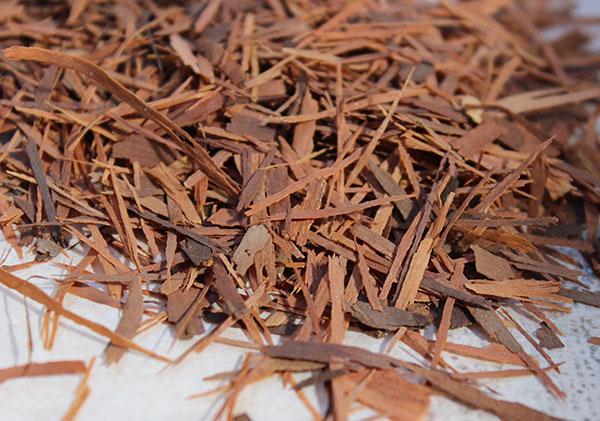
Pau d'arco (Tabebuia impetiginosa or avellanedae) is the inner bark of the red lapacho tree and is indigenous to rain forest regions of South America. It is a powerful antifungal agent and can be effectively used as a tea or supplement to eliminate yeast, parasites and candida from the intestinal tract. The infused or decocted bark makes a delicious tasting tea all by itself or it can be used with other liver tonics. It is a powerful healing herb to use for autoimmune disorders with actions that exhibit anti-inflammatory, antitumor, antimicrobial and laxative effects. We recommend using wildcrafted or sustainability harvested pau d'arco that is sourced from a reputable supplier.
Black Walnut Hulls
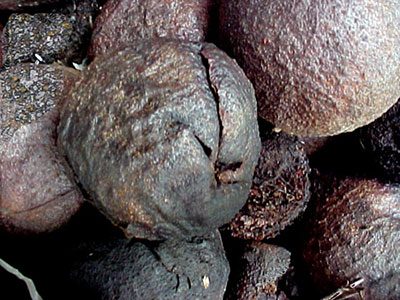
Black walnut hull (Juglans nigra) is the actual "hull" or skin of the shelled black walnut that turns from green to black in the fall season when it is harvested. As the outer protective casing, it is rich in a phytochemical known as juglone, which exhibits antibacterial, antiviral, antiparasitic and antifungal properties. For this reason, it is a top herbal remedy for eliminated intestinal parasites, commonly prepared in equal proportions with clove and wormwood to help expel unwanted critters from the body. The hulls are not usually consumed as a tea, but are utilized as a straight powder, encapsulated powder, compressed tablet or as a tinctured solution. Acting as a laxative as well as potent antiseptic material, the herb also stimulates the flow of bile.
Turmeric Root
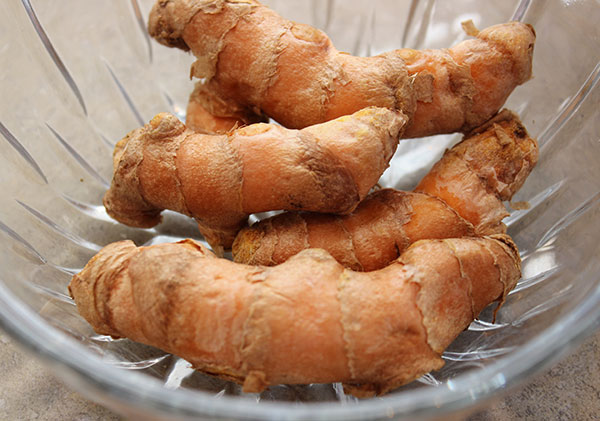
Turmeric root (Curcuma longa) is a commonly used Ayurvedic herb that acts as a digestive aid, carminative, and anti-inflammatory but is also a cleansing herb, potent blood builder and detoxifier. Good for anemic individuals, as it is naturally high in iron content, the root is also useful for cooling excess heat and increasing blood flow. In Chinese medicine, yellow foods are believed to be of particular benefit to the liver and gall bladder. It is an often incorporated ingredient in many herbal formulations specific to dissolving gall stones and sediment accumulation. Studies indicate that its active compound, curcumin, may be useful for increasing the detoxifying antioxidant glutathione, which is synthesized in the liver. (*)
Triphala Powder
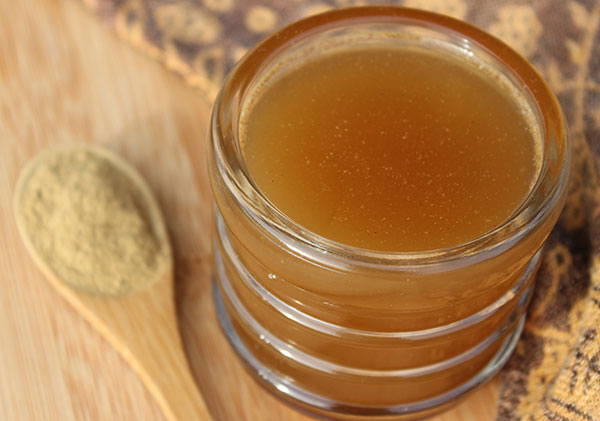
Triphala powder is a specific Ayurvedic formulation composed of three
dried fruits: amalaki, haritaki and bibhitaki. It is known to enhance the process of digestion and elimination and
also, as a side-effect, improves the functioning of the liver, gallbladder
and kidneys by purifying the blood and opening up the detoxification
pathways. Triphala powder can be highly effective remedy for removing
congestion and reducing stress on these eliminatory channels and organ
systems, especially the liver and colon. It is traditionally consumed as a warm tea infusion, but can also be taken in tablet or capsule form.
How to Use Cleansing Herbs
Most alterative herbs and some intestinal varieties are not generally recommended for long-term use like most Chinese tonics. They can however be incorporated for shorter periods of up to several months of daily use, but this is largely dependent on one's unique individual health issues.
Cleansing Tea Infusions or Decoctions
One of our favorite ways to consume cleansing herbs are as a liquid tea. While some herbs require a simple hot water infusion process, most roots and tonic herbs need to be decocted. This is achieved by simmering them on low heat for at least 20 minutes in a covered glass or ceramic pot. The herbs can then be strained and the liquid tea consumed.
You can get creative adding other herbs and spices for flavor and enhanced assimilation. They can be used as a base for shakes,
smoothies or soups to provide gentle cleansing effects.
Tinctures, Herbal Powders and Capsules
Tinctures are always a quick and easy way to take your cleansing herbs. This process involves the infusion of the herb into an alcohol solution, which is sometimes not recommended for alcoholic liver sensitivities. Most liver herbs are likewise available as glycerine-based tinctures, instead of alcohol, which can be a preferred option.
Some people, for convenience sake, prefer to take their herbs as a powder or in capsule or tablet form. These powders, although unprepared, can still be rather effective. For greater potency, however, decocting or tincturing roots and tonics is generally considered the best way to release more of their medicinal properties.
There are many high quality cleansing herbal formulations available as a supplement for specific health issues.
What is a Detox Healing Crisis?
When the liver organ is backed-up and burdened with waste material we tend to experience unbalanced emotional states such as irritation and anger. Sometimes, when using cleansing herbs, we may feel these emotions surface intensely for short periods of time as the body expels toxins.
In addition, cleansing herbs like the class of alteratives can stimulate skin outbreaks or cause a chronic health issues to reappear.
These occurrences are commonly referred to as a "detox healing crisis." While this phase is relatively short-lived, and sometimes a necessary part of the cleansing process, it can be an indication that herbal dosage amount needs to be reduced. This can provide a more comfortable, gentle detox rather than an extremely discouraging and life disrupting one.
Precautions:
Most cleansing herbs should not be used when pregnant or breastfeeding. Consult the advice of your physician or healthcare provider before using liver herbs for serious health conditions or when taking prescription medications.
Shop Related Products (About Affiliates & Amazon Associate Paid Links)
Affiliate Disclaimer: This section contains affiliate product links. If you make a purchase through our recommended links, we receive a small commission at no additional cost to you. Thanks for the support.
